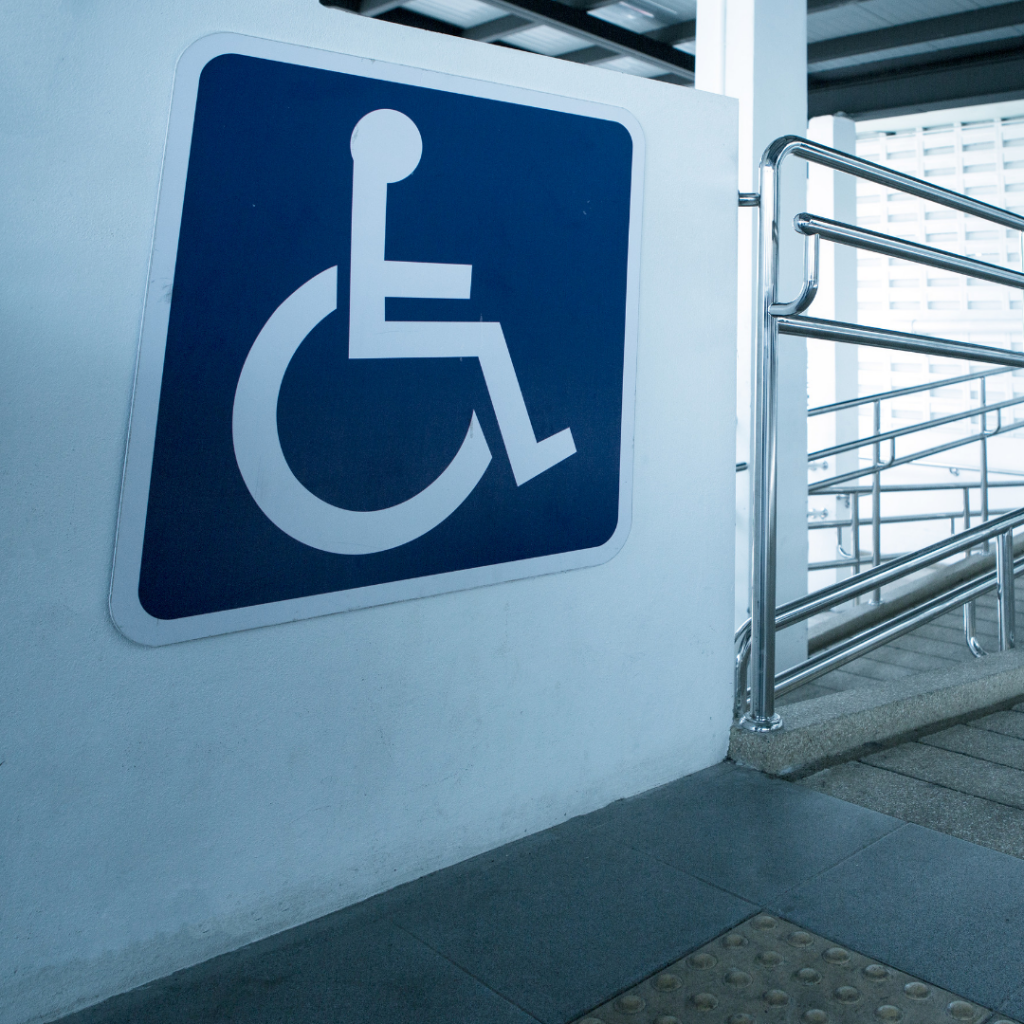
Published 23 September 2019, The Daily Tribune
Persons with disability (PWD) are making waves and standing out in various fields. They inspire us to pursue excellence and determination, and they prove that fate is a result of choices and actions, and not condition. In recognition of their full potential, the rights of persons with disability encompass a broad spectrum of considerations that will ensure full participation of different sectors as supported by national and local government agencies.
Congress enacted in 1992 Republic Act 7277, otherwise known as the Magna Carta for Persons with Disability, as amended by Republic Act 9442. Under the amendment, the official and legal reference to persons covered by the Act are “persons with disability” — those who have long-term physical, mental, intellectual or sensory impairments which, in interaction with various barriers, may hinder their full and effective participation in society on an equal basis with others.
We highlight three key areas where the law has created significant impact: education, equal job opportunity, and economic relief through discounts in certain goods and services.
Recognizing the prohibitive cost of special education in a private setting, the law directs the creation of special education classes in public schools and, where viable, the putting up of Braille and record libraries in provinces, cities or municipalities. Financial assistance to economically marginalized but deserving PWD students pursuing post-secondary or tertiary education is likewise mandated.
To ensure equal opportunity in job opportunities, a qualified employee with disability should have the same terms and conditions of employment and the same compensation, privileges, benefits, fringe benefits, incentives or allowances as a qualified able-bodied person. Further, at least one percent of all positions in all government agencies, offices or corporations shall be reserved for PWD, while private corporations with more than 100 employees are encouraged to reserve at least one percent of all positions for PWD.
Under Republic Act 10754, an Act Expanding the Benefits and Privileges of PWD, PWD shall have 20 percent discount and exemption from the value-added tax, if applicable, on the following sale of goods and services for the exclusive use and enjoyment or availment of the PWD:
(1) On the fees and charges relative to the utilization of all services in hotels and similar lodging establishments; restaurants and recreation centers;
(2) On admission fees charged by theaters, cinema houses, concert halls, circuses, carnivals and other similar places of culture, leisure and amusement;
(3) On the purchase of medicines in all drugstores;
(4) On medical and dental services, including diagnostic and laboratory fees;
(5) On medical and dental services including diagnostic and laboratory fees, and professional fees of attending doctors in all private hospitals and medical facilities;
(6) On fare for domestic air and sea travel;
(7) On actual fare for land transportation travel such as, but not limited to, public utility buses or jeepneys, taxis, Asian utility vehicles, shuttle services and public railways, including LRT, MRT and PNR; and
(8) On funeral and burial services for the death of the PWD, under certain instances.
There should be no double discounts. In the purchase of goods and services which are on promotional discount, persons with disability can avail themselves of the establishment’s offered discount or the 20 percent discount provided herein, whichever is higher and more favorable. In cases where the PWD is also a senior citizen entitled to a 20 percent discount under his/her valid senior citizen ID, the person with disability shall elect to use either his benefits as PWD or as senior citizen to avail of the 20 percent discount. The benefit is alternative, and not cumulative as to grant the PWD a combined discount.
Those who fail to observe the provisions granting rights and benefits to PWD may suffer a fine ranging from P50,000 to P100,000 and/or imprisonment for six months to two years, for the first offense alone. If the violator is a corporation, organization or any similar entity, the officials thereof directly involved shall be liable.
The Magna Carta for PWD is a landmark piece of legislation that recognizes the rights of PWD in order that their potential may be realized in full. It should be everyone’s concern that the law is upheld, for the respect for the rights of all sectors is a step in the right direction in our collective aspiration for a just and humane society.
For comments and questions, please send an email to cabdo@divinalaw.com.

